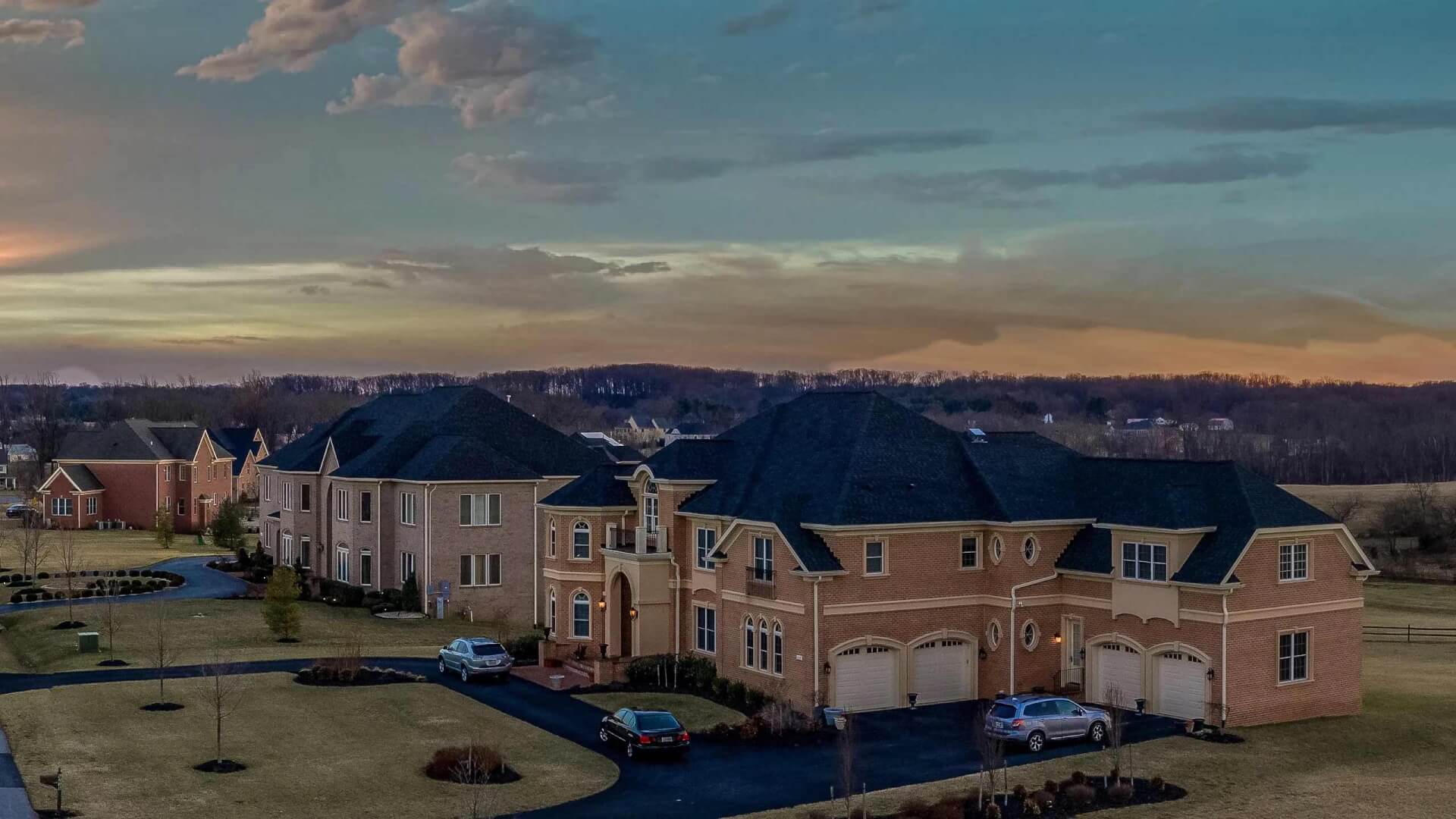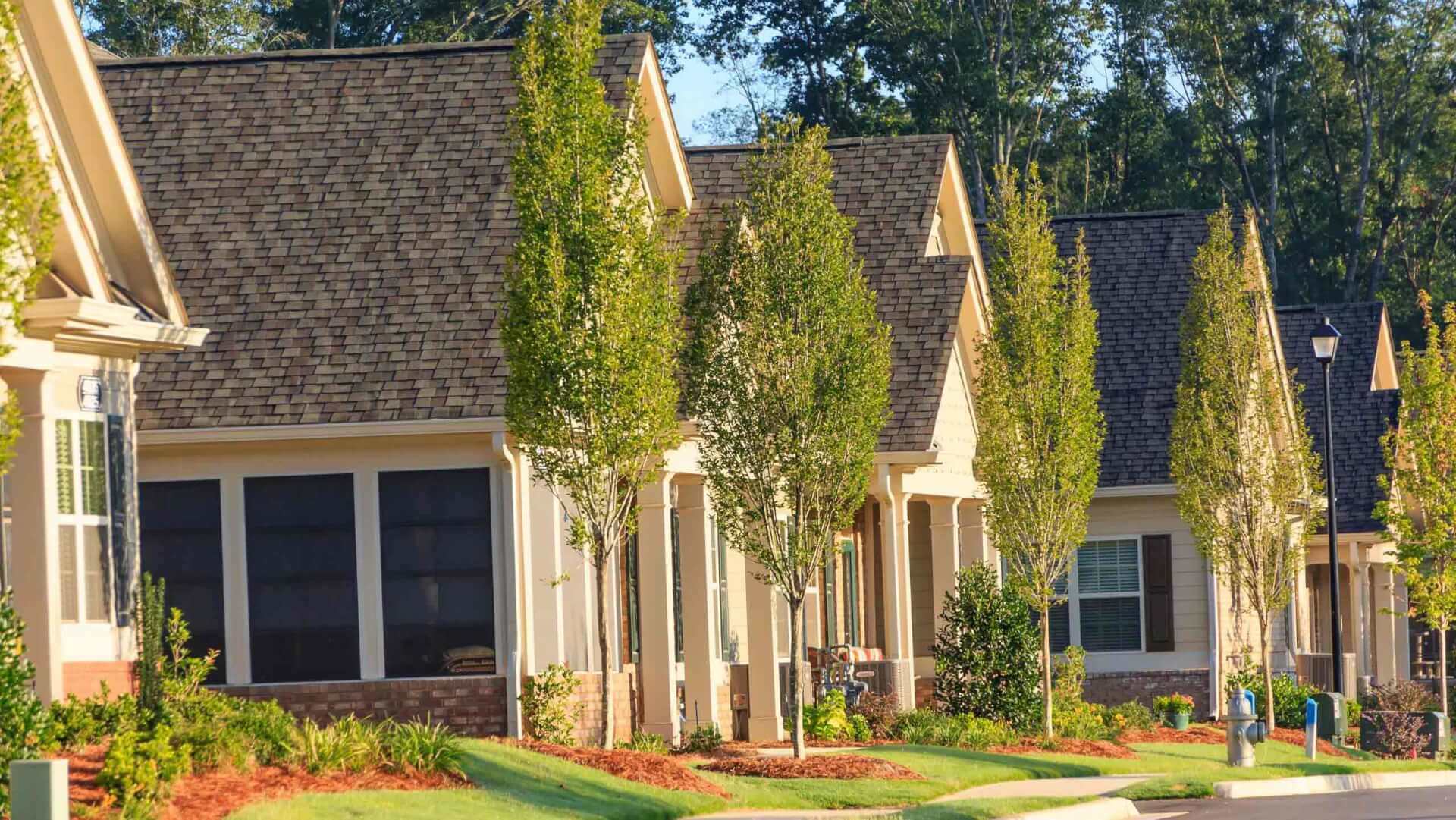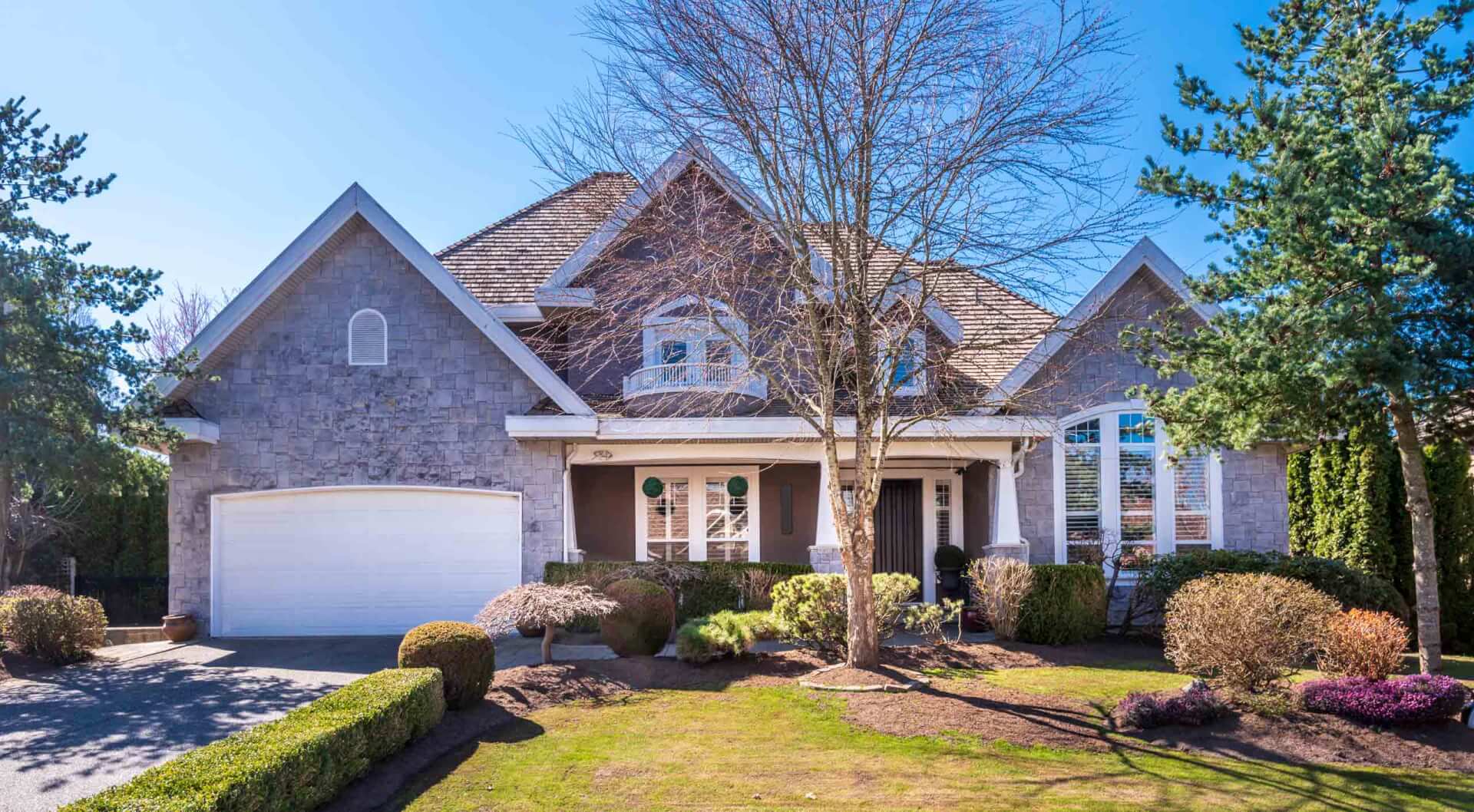360 Property Data
CoreLogic powers businesses with unrivaled property data, insights and technology.
Explore Our DataCoreLogic powers businesses with unrivaled property data, insights and technology.
Explore Our DataDifferentiate with insights and analysis from CoreLogic property data.
Know MoreProperty. People. Potential. CoreLogic unlocks value for the entire property ecosystem.
Learn MoreHome / Archives for Thomas Malone / Page 3

Thom holds the position of professional, economist in the Office of the Chief Economist at CoreLogic. He is responsible for analyzing housing markets and home price trends. He has an extensive background in urban and real estate economics and applied econometrics.
Before joining CoreLogic, he held positions at the University of Virginia, Georgia Tech, and Harvard University. He earned his bachelor’s degree in economics, statistics and history at the University of Auckland, his master’s degree in economics from Tufts University and his doctorate in urban planning and development from the University of Southern California.

After the real estate housing market recorded a record 18.25% appreciation in March 2022, annual new home price appreciation slowed to 4%.

Small investor activity has shown resilience, with mom-and-pop investors retaining market share even as prices increase.

The overall share of home investors held steady during the fourth quarter but remains significantly higher than it did before the pandemic. CoreLogic’s Office of The Chief Economist breaks down the numbers.

This is the first time the price spread converged since the housing crisis ended in July 2012.

Americans showed an increased preference for buying homes in suburban areas during the height of the pandemic, but that trend could now be shifting.

The share of single-family homes purchased by investors rose every month in Q3 to reach 26% in September.